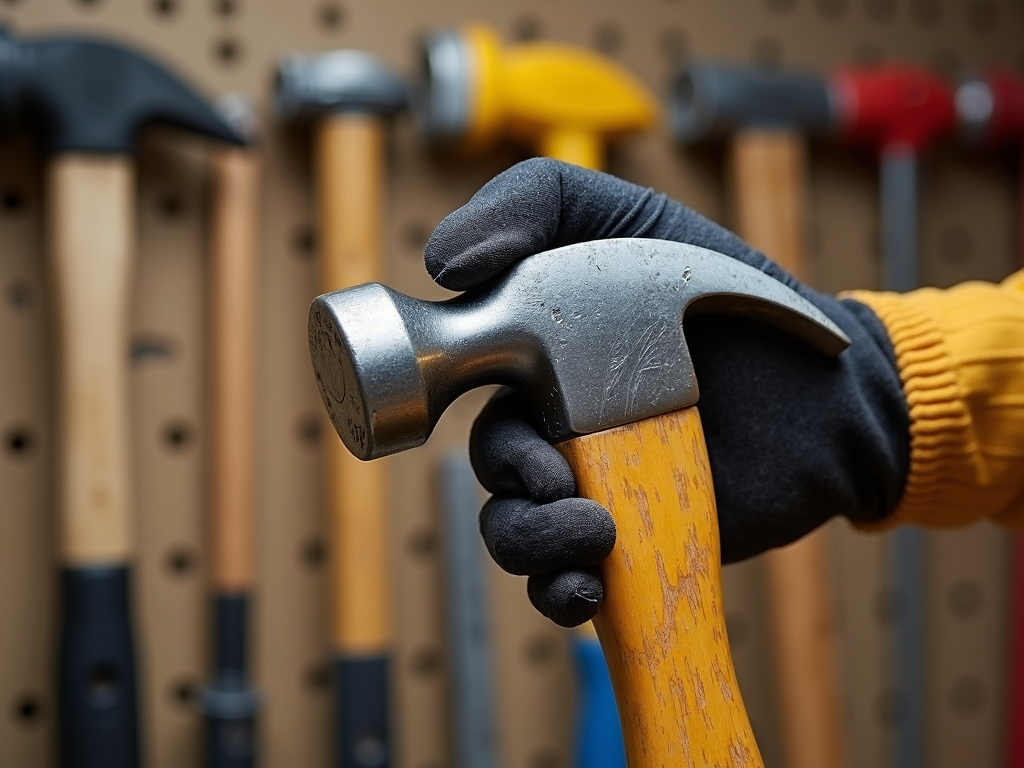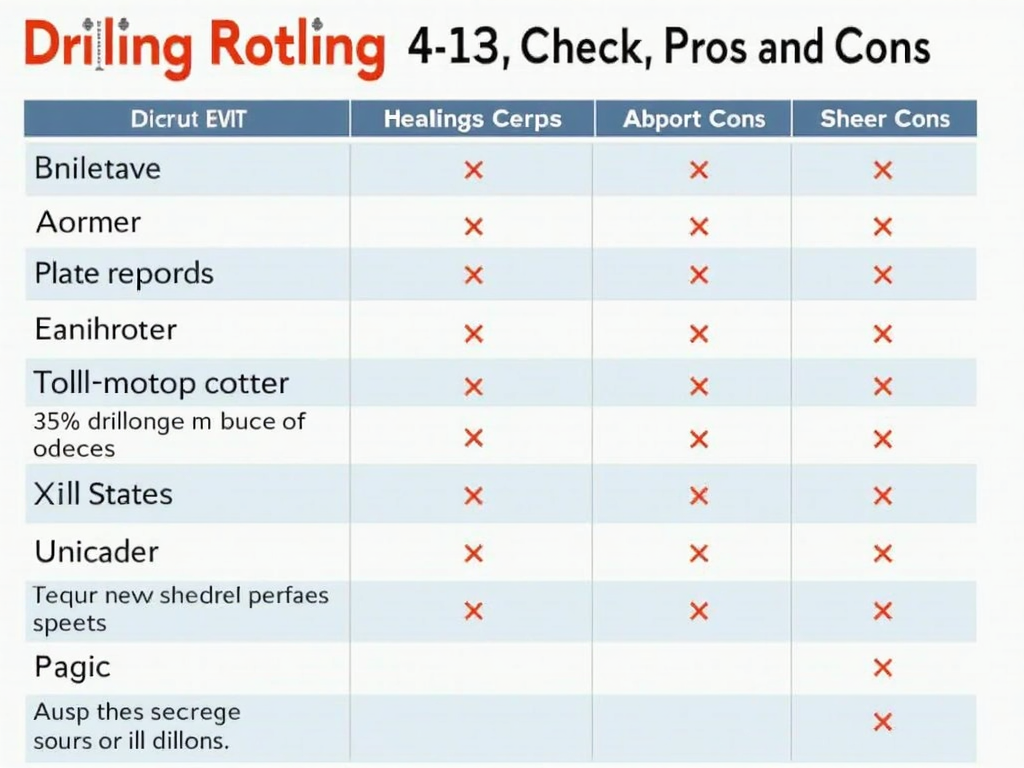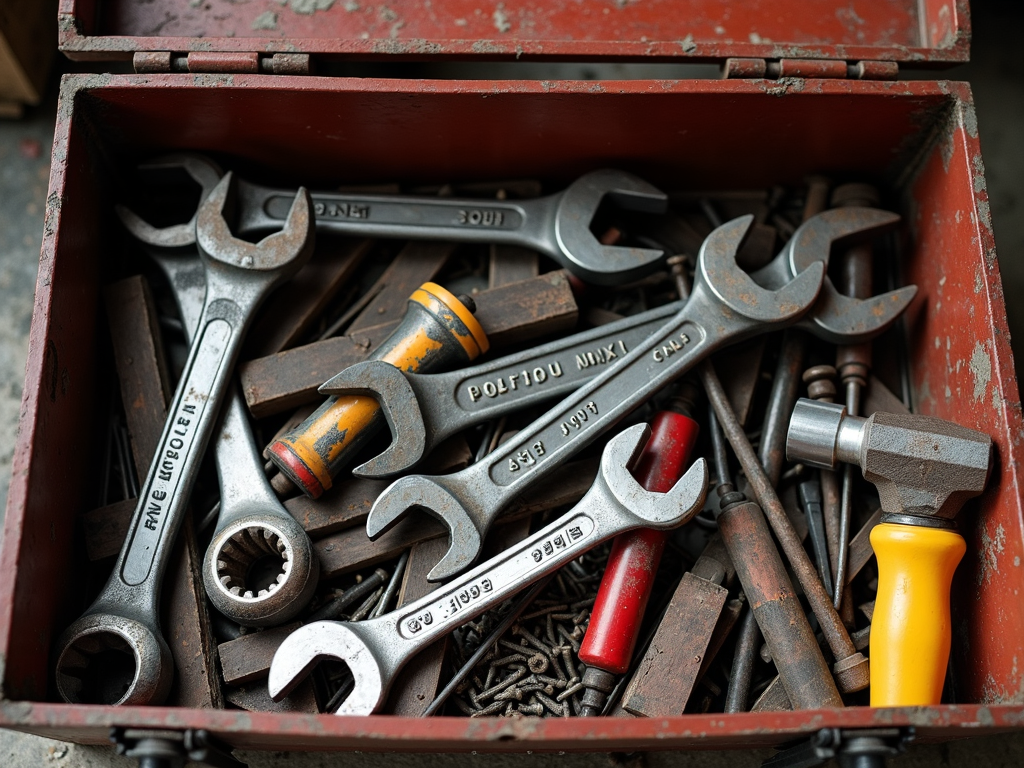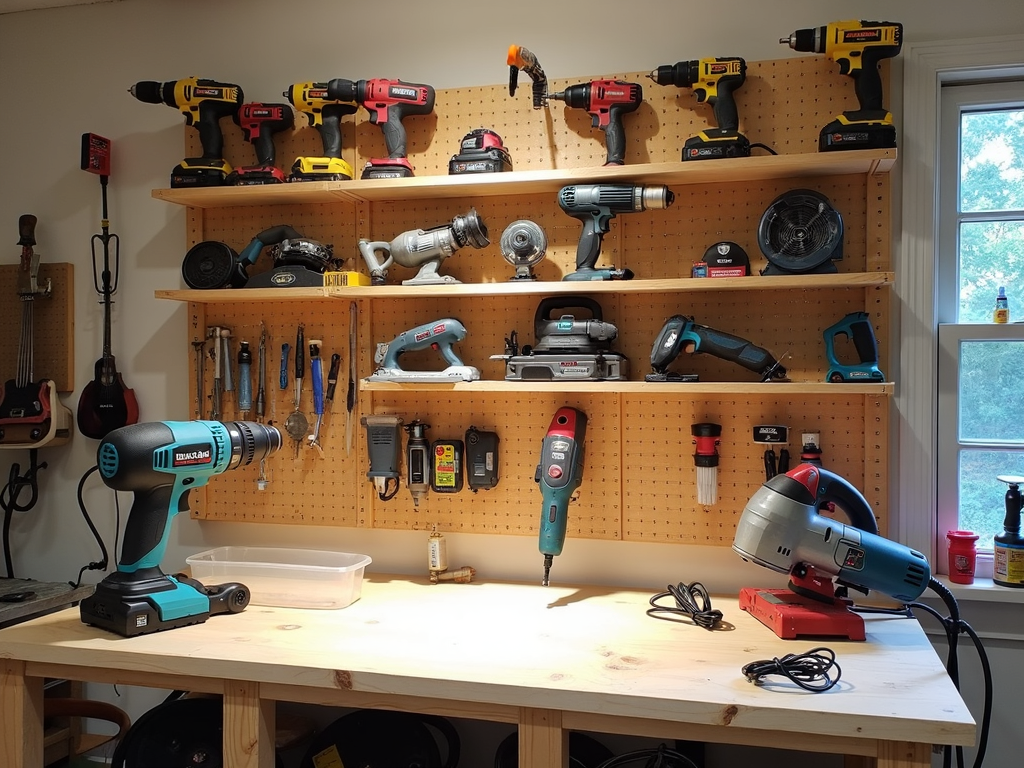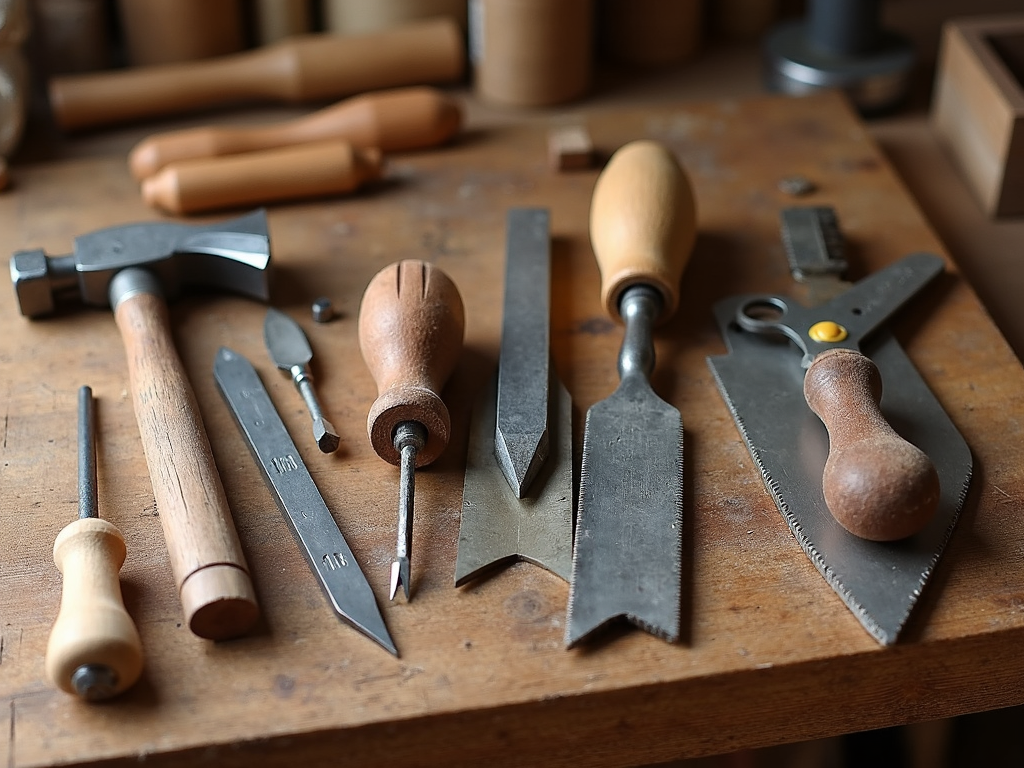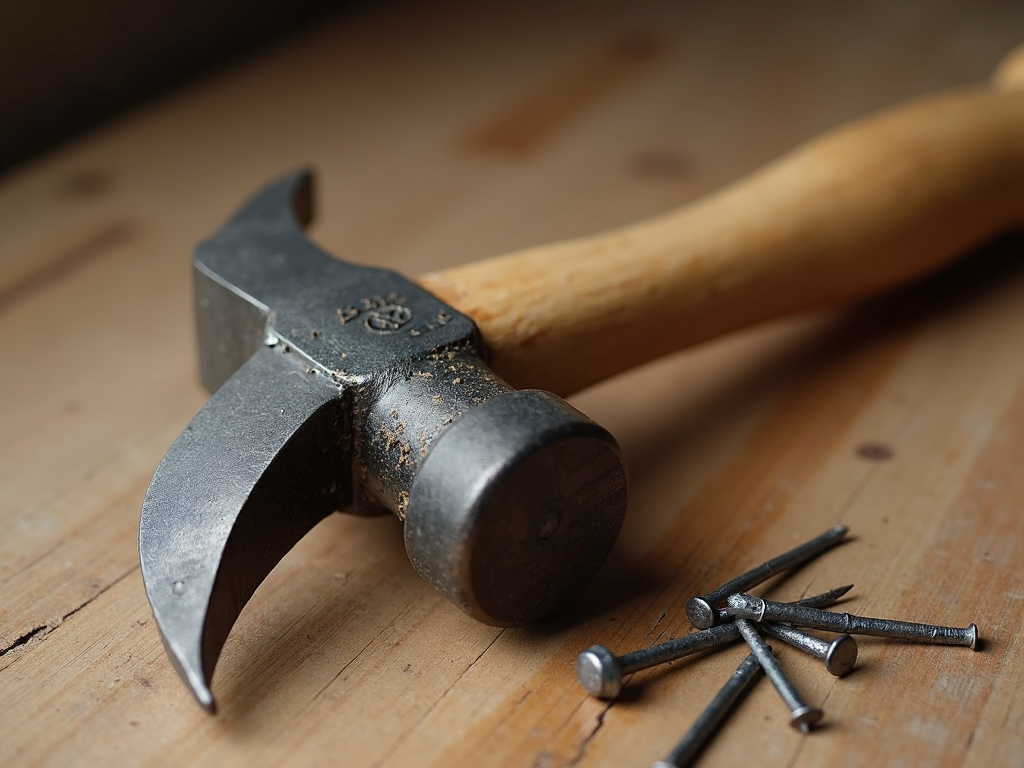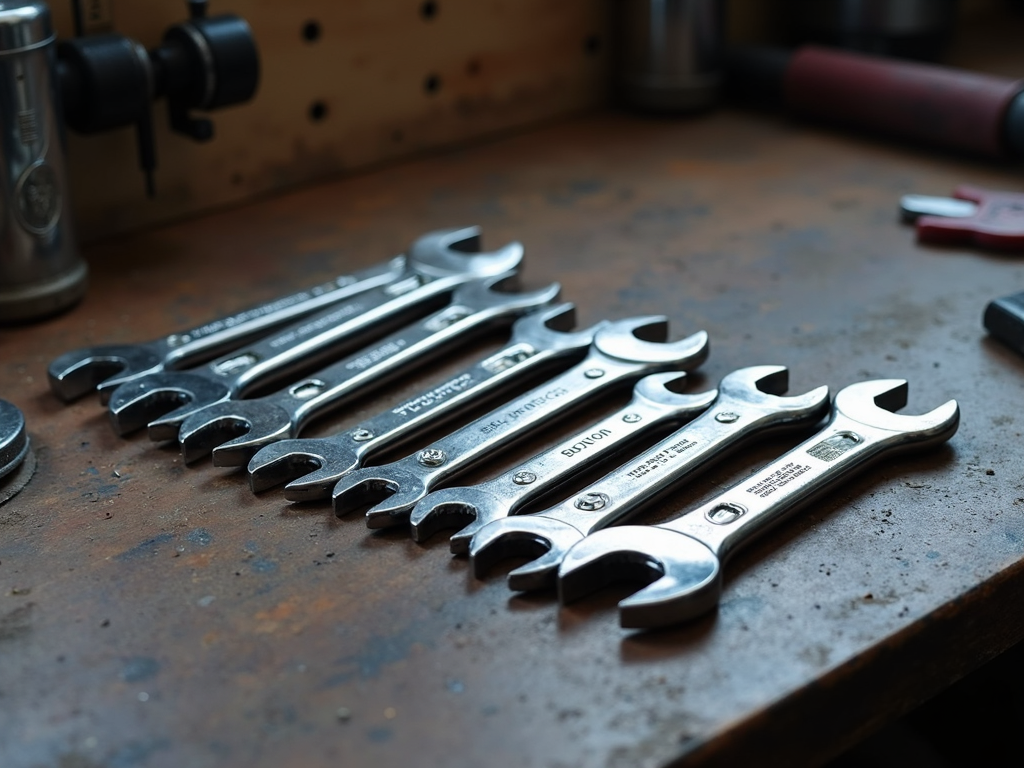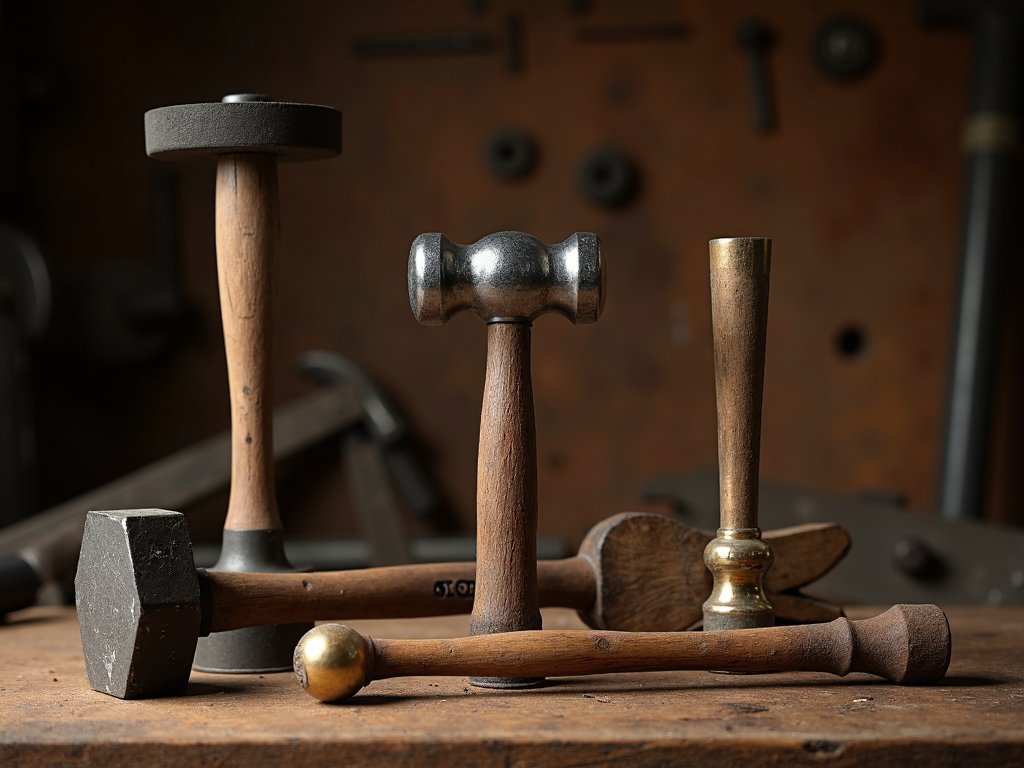Caring for your workman tools is crucial for their longevity and performance. This article provides a comprehensive guide on how to maintain your tools, from basic cleaning to advanced care techniques. Whether you're a DIY enthusiast or a professional, these tips will help you keep your tools in top shape.
Introduction to Tool Care
Tools are an investment, and like any investment, they require care to maintain their value. Proper maintenance not only extends the life of your tools but also ensures they work efficiently and safely. In this article, we'll explore the best practices for caring for your workman tools, with a focus on wrenches and ratcheting wrenches, which are essential for fast repairs.
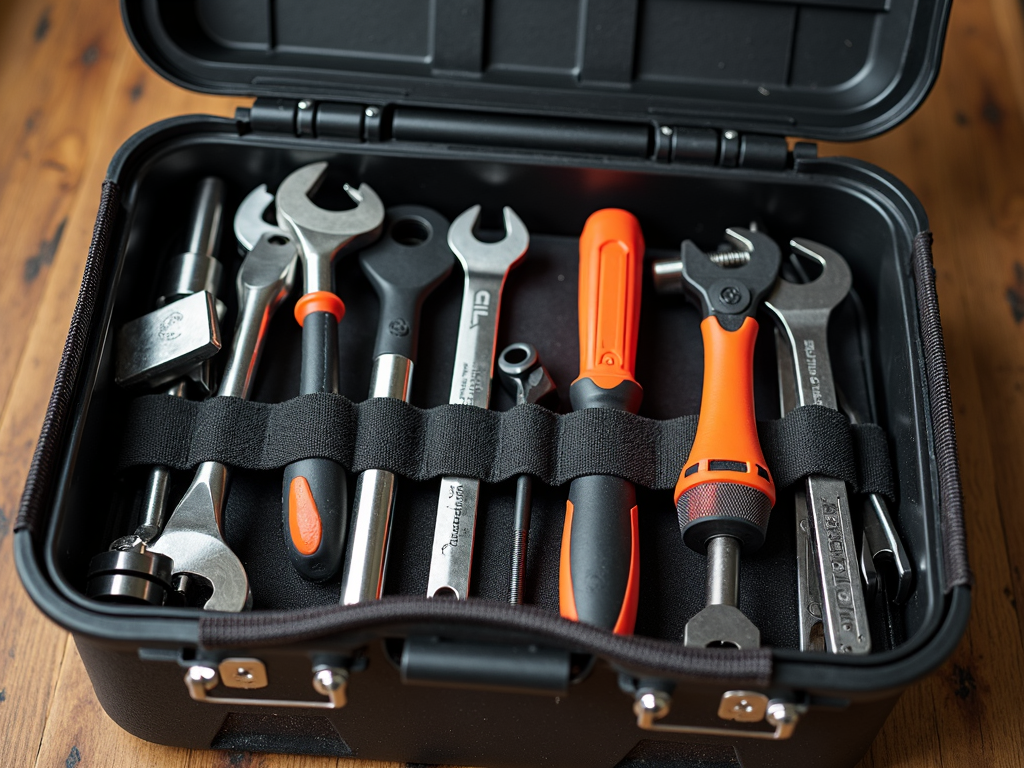
Understanding Your Tools
Before diving into care techniques, it's important to understand the tools you're working with. Workman tools encompass a wide range of implements, but for this article, we'll focus on wrenches, including the best ratcheting wrenches for fast repairs. Quality tools are vital in DIY projects because they provide precision, durability, and reliability. Investing in high-quality tools can save you time and money in the long run. For more on this, check out The Importance of Quality Tools in DIY Projects.
Types of Wrenches
- Open-end wrenches: Ideal for tight spaces.
- Box-end wrenches: Provide a firmer grip.
- Ratcheting wrenches: Allow for faster work without removing the wrench from the fastener.
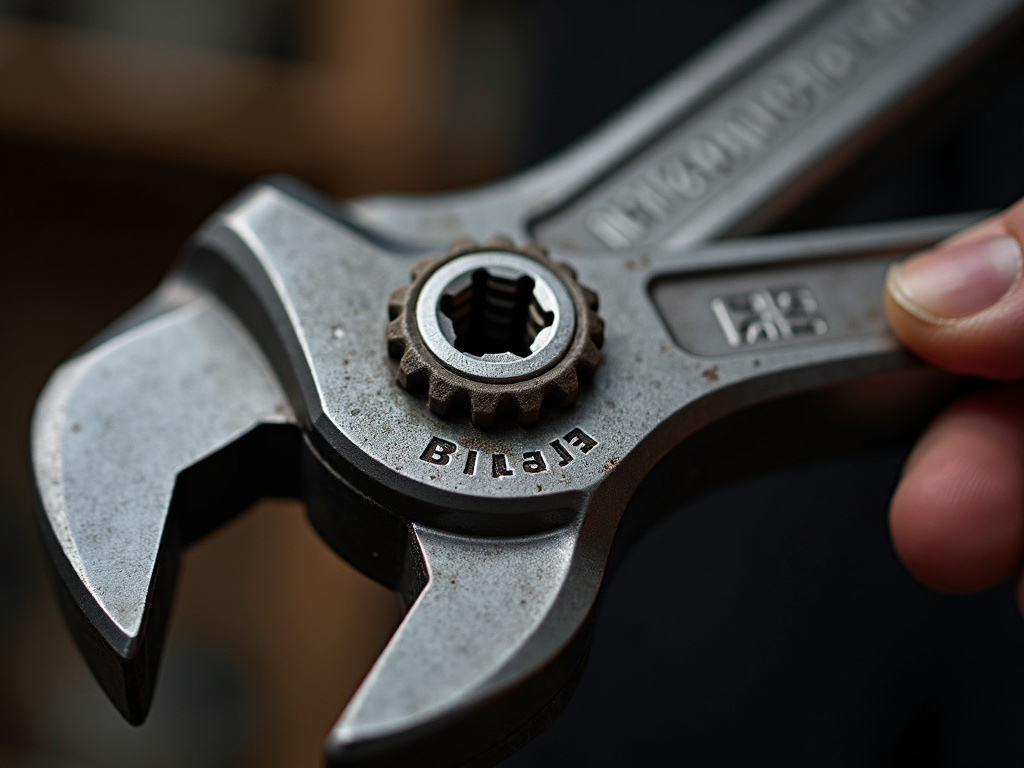
Basic Care and Maintenance
Proper care starts with the basics. Here are some essential steps to keep your tools in good condition:
Cleaning Tools After Use
After each use, wipe down your tools with a clean, dry cloth to remove dirt, grease, and moisture. For stubborn grime, use a mild solvent or degreaser, but avoid harsh chemicals that can damage the tool's finish. Regular cleaning prevents buildup that can lead to corrosion or malfunction.
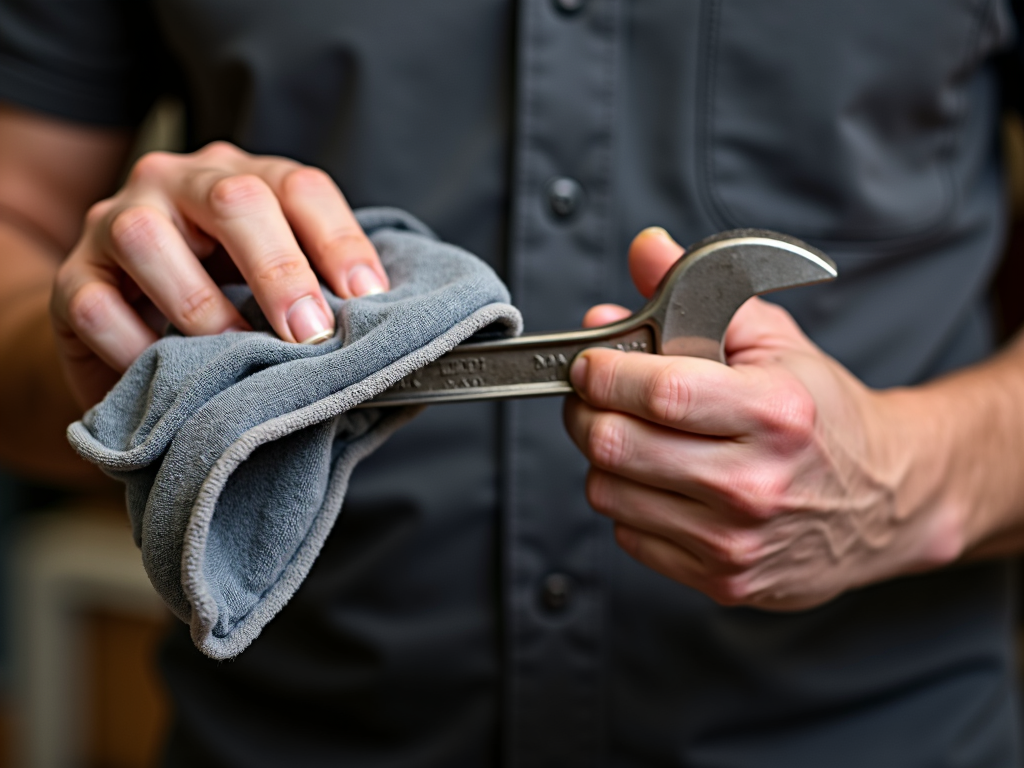
Storing Tools Properly
Store your tools in a dry, cool place to prevent rust and corrosion. A toolbox or tool chest with compartments can help keep tools organized and protected. For added protection, consider using silica gel packs to absorb moisture. Proper storage not only extends the life of your tools but also makes them easier to find when you need them.
Regular Inspection
Periodically inspect your tools for signs of wear and tear, such as cracks, chips, or loose parts. Addressing these issues early can prevent further damage and ensure your tools are safe to use. For example, a cracked handle on a hammer can lead to injury if not replaced promptly.
Advanced Care Techniques
For those who want to take their tool care to the next level, here are some advanced techniques:
Lubricating Moving Parts
For tools with moving parts, such as ratcheting wrenches, apply a light machine oil to the joints and mechanisms. This reduces friction and prevents rust. Be sure to wipe away any excess oil to avoid attracting dirt. Lubrication is especially important for tools used frequently or in harsh conditions.
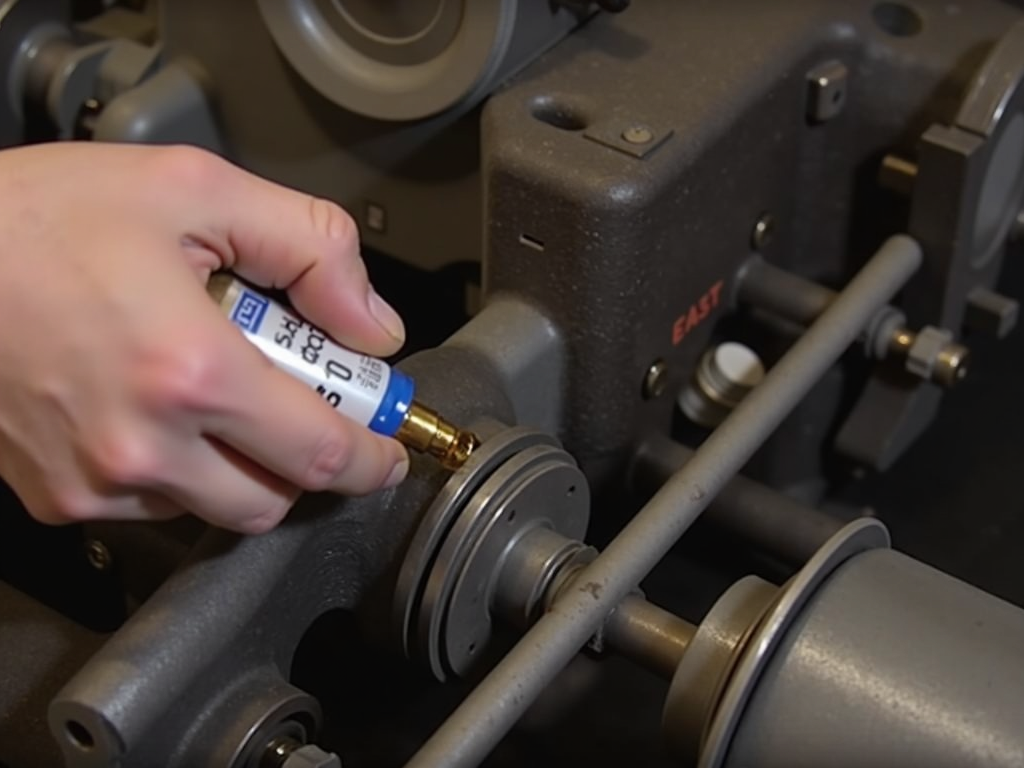
Sharpening Blades and Edges
If your tools have cutting edges, like chisels or knives, keep them sharp for optimal performance. Use a sharpening stone or file, and follow the manufacturer's guidelines for the correct angle and technique. A sharp tool not only works better but is also safer to use.
Calibrating Precision Tools
Precision tools, such as torque wrenches, may require periodic calibration to maintain accuracy. Check the manufacturer's recommendations for calibration intervals and procedures. For detailed guidance, refer to this calibration guide.
Safety Considerations
Safety should always be a priority when working with tools. Here are some key points to keep in mind:
Using Tools Correctly
Always use tools for their intended purpose to prevent damage. For example, don't use a wrench as a hammer, as this can bend or break the tool. Misusing tools not only risks damaging them but can also lead to accidents.
Personal Safety
Wear appropriate safety gear, such as gloves and eye protection, when using tools. This not only protects you but also helps prevent accidents that could damage your tools. For instance, dropping a tool because you weren't wearing gloves could result in a chipped or broken tool.
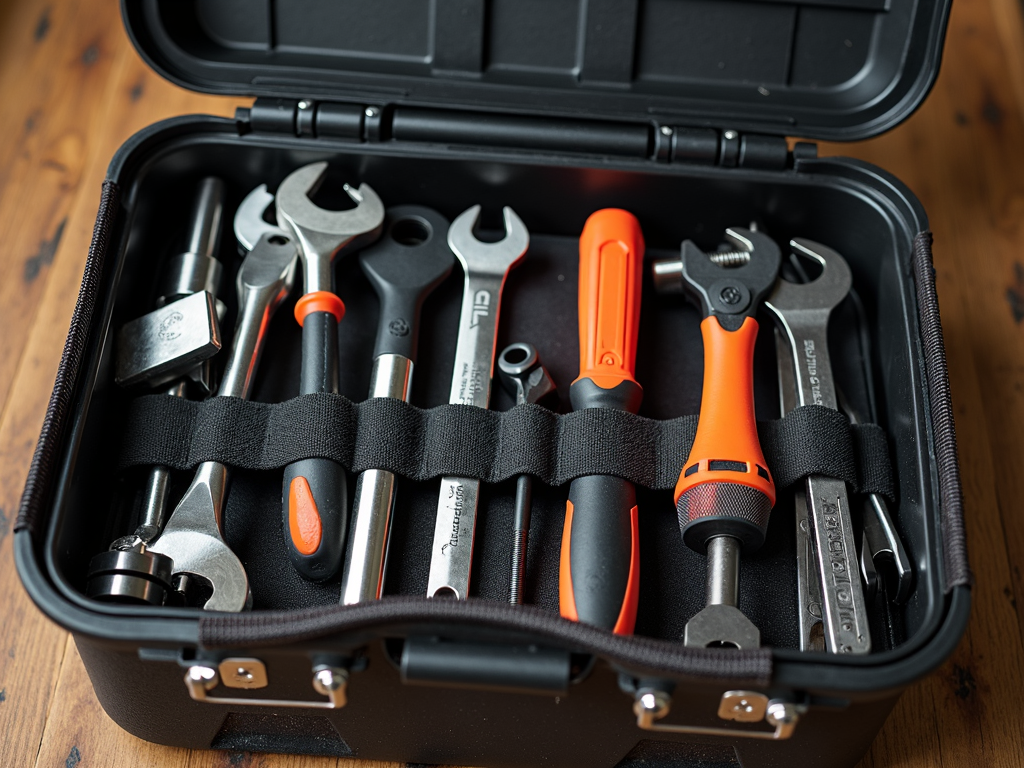
Troubleshooting Common Issues
Even with proper care, tools can develop issues over time. Here's how to address some common problems:
Dealing with Rust and Corrosion
If you notice rust on your tools, use a wire brush or sandpaper to remove it. For severe cases, consider using a rust remover solution. After cleaning, apply a light coat of oil to prevent future rusting. Preventing rust is easier than removing it, so keep your tools dry and oiled.
Fixing Loose Handles or Parts
If a tool's handle or parts become loose, tighten them with the appropriate screwdriver or wrench. If the issue persists, it may be time to replace the tool. Loose parts can compromise the tool's effectiveness and safety.
When to Replace a Tool
Some tools, like hammers or screwdrivers, can last a lifetime with proper care. However, if a tool is severely damaged or worn, it's safer and more cost-effective to replace it rather than risk injury or poor performance. Knowing when to replace a tool is part of being a responsible tool owner.
Conclusion
Caring for your workman tools is an essential part of being a responsible DIYer or professional. By following the tips and techniques outlined in this article, you can ensure your tools remain in excellent condition, providing reliable service for years to come. Remember, a well-maintained tool is a safe and efficient tool.
Related How to Care for Your Workman Tools:
- Maintenance Tips for Your Construction Tools: A Comprehensive Guide
- Easy DIY Builds to Start Today: A Beginner's Guide to Fun and Practical Projects
- Mastering Metalworking: The Ultimate Guide to Power Tools
- How to Organize Your Toolbox for Maximum Efficiency
- The Top Power Tools Every Home Workshop Should Have
- Beginner's Guide to Woodworking Tools
- Essential Tools for Every Handyman: A Comprehensive Guide
- The Evolution of Painting Techniques Through History: From Cave Walls to Modern Tools
- Toolbox Essentials: Organizing Like a Pro
- Boost Your Energy: Nutrition Tips for a Productive Day
- Specialty Hammers for Crafts and Hobbies: Essential Tools for Precision Work
- Safety First: Protecting Yourself in the Workshop
